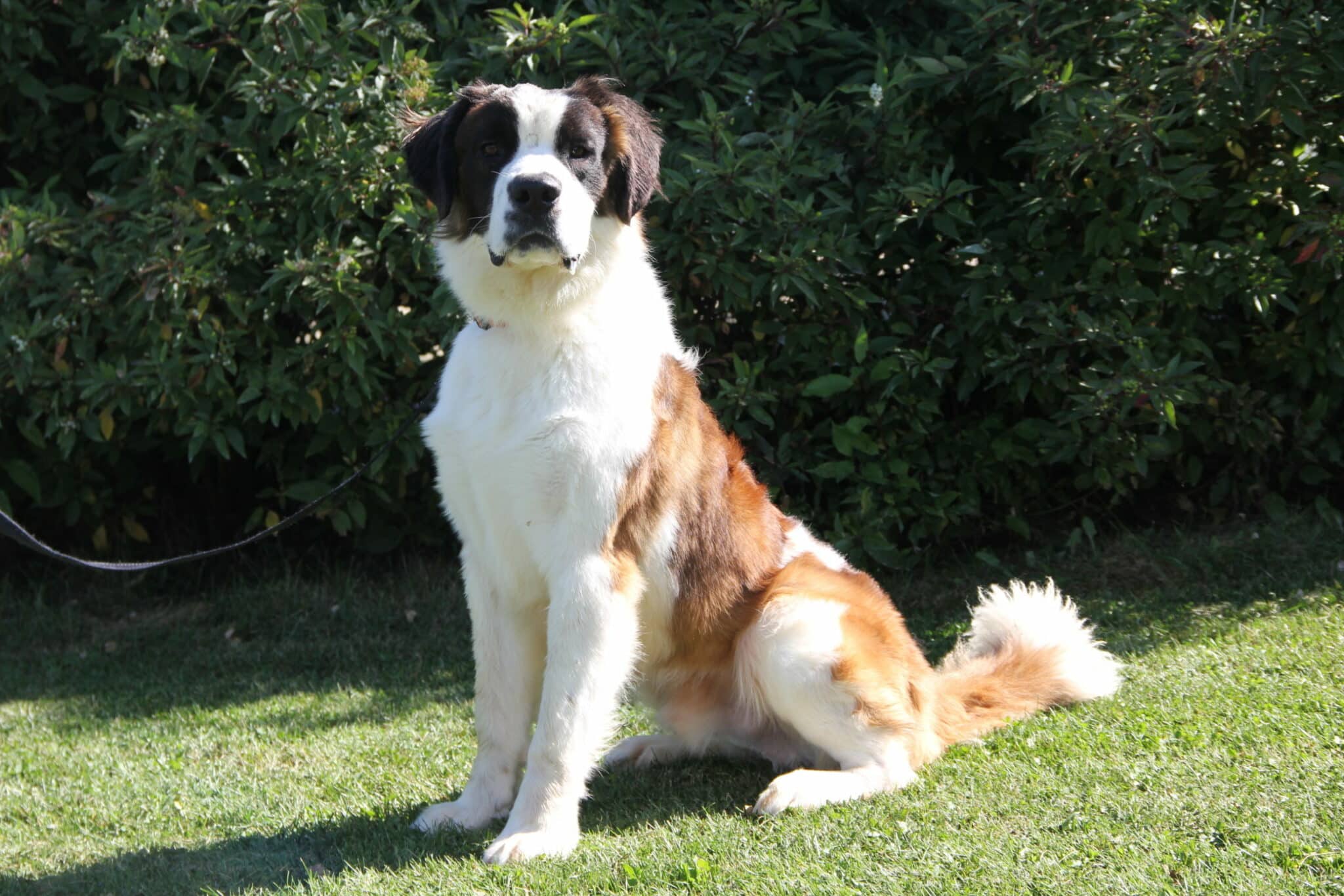
How to Prevent Your Pet from Becoming Underweight

The Investigations and Emergency Response Department have previously touched base on the risk of obesity in pets, but now it is time to focus on underweight animals. While the I/ER department typically tend to see more overweight animals than underweight ones, it is still an important topic to discuss. Underweight animals can experience a number of health problems so it is essential for owners to be aware of what an appropriate weight for the animal should be.
Much like overweight animals, animals who are underweight pose a concern. If you notice that your animal has rapidly lost weight, it is important to seek veterinarian help. A sudden weight loss can be linked to a variety of health concerns: parasites or other intestinal issues, metabolic disorders such as diabetes, diseases involving the major organs and even depression/ anxiety[i]. Weight loss can also be caused by owners not feeding the proper amount – if your pet is burning off more calories than they are consuming, weight loss will occur.
It is important to remember that there is a difference between lean breeds of dogs (such as boxers) and an underweight dog. An appropriate weight on a dog will look different depending on the breed.
Here are some tips to help prevent your pets from becoming underweight:
– Appropriate daily exercise. While it may sound backwards, muscle gain is a great way to help your pet become a healthy weight.
– Feed a higher quality food. All pet owners should do their research and consult with a veterinarian to determine the appropriate type and amount of food for their pets.
– Increased feedings. Most pet foods will have “Feeding requirements” by weight listed on their bags, however sometimes these are inaccurate due to differences in the pets’ energy and activity levels. Again, consult with a veterinarian to determine the correct amount of food your pets should be receiving daily.
Body Condition Score (BCS)
Veterinarians use what is called a ‘Body Condition Scoring System’ to determine what an appropriate weight should look like on your pet. There are two types of BCS systems that we commonly see: a 5-point scale (with 3 being the ideal body weight) and a 9-point scale (with 5 being the ideal body weight). This system provides a detailed description to assist in determining whether or not an animal is an ideal weight.
The following chart is an excellent visual to see where your pet may fall on the BCS System:
https://www.aaha.org/globalassets/02-guidelines/weight-management/weightmgmt_bodyconditionscoring.pdf
As always: if you ever have any concerns about your pets’ weight, the best thing you can do is to consult your veterinarian and create an appropriate, specialized plan to best suit your pets needs.
For Animal Emergencies within the City of Winnipeg, call 204-982-2020
To report an Animal Welfare Concern within the City of Winnipeg, call 204-982-2028
To reach our Intake Department, call 204-982-2025 option #5
To report an Animal Welfare Concern outside of Winnipeg, call the Animal Care Line at 204-945-8000 or toll free 1-888-945-8001
To report Winnipeg Bylaw concerns (stray dogs, barking complaints), contact 311
[i] VCA https://vcahospitals.com/know-your-pet/weight-loss-abnormal-in-dogs

